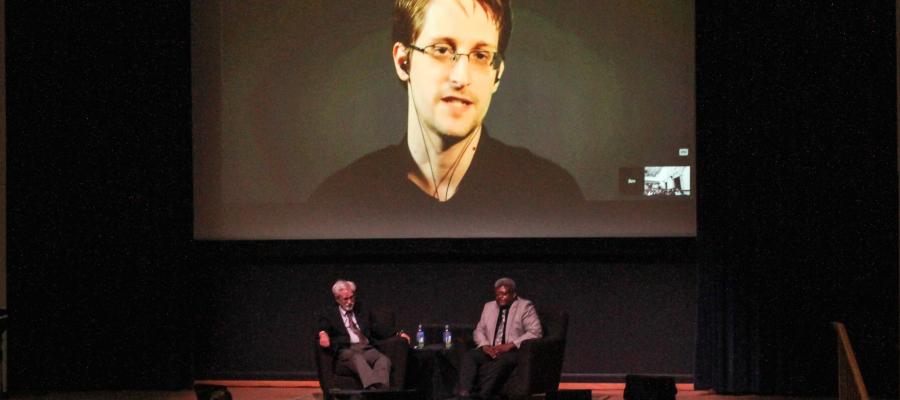Does Neuroscience Threaten Free Will?
15
Jul 2015
Some neuroscientists go so far as to claim that there is simply no such thing as free will. The feeling we sometimes have of freely choosing is just an illusion, a trick of the mind, they say. We might think we are making free choices, but, in fact, the choice has already been made before we become aware of it. But what, you might ask, would a neuroscientist know about the philosophical problem of free will?
Read moreThe Ethics of Whistleblowing
09
Jul 2015
There can be no denying that whistleblowers may sometimes have the potential to do us all a great service. Whistleblowers are willing to stand up, sometimes at great cost to themselves, and shine the light of truth into the dark corners where governments and corporations operate in secret.
Read moreDoes Science Advance?
28
Jul 2015
Does science progress in a cumulative way? In other words, do later scientific theories build upon earlier ones by keeping older established truths about the world, and adding us more truths? The standard answer, familiar from Whiggish history and brief historical asides in scientific textbooks, is that it does.
Read moreThe Power and Perils of Satire
26
Jul 2015
Satire involves the use of humor to ridicule and shame people or institutions. It’s a potent tool for exposing society’s ills, especially when it comes to politicians and other powerful people. It's the perfect way to take them down a peg or two. That’s the power of satire.
Read more

